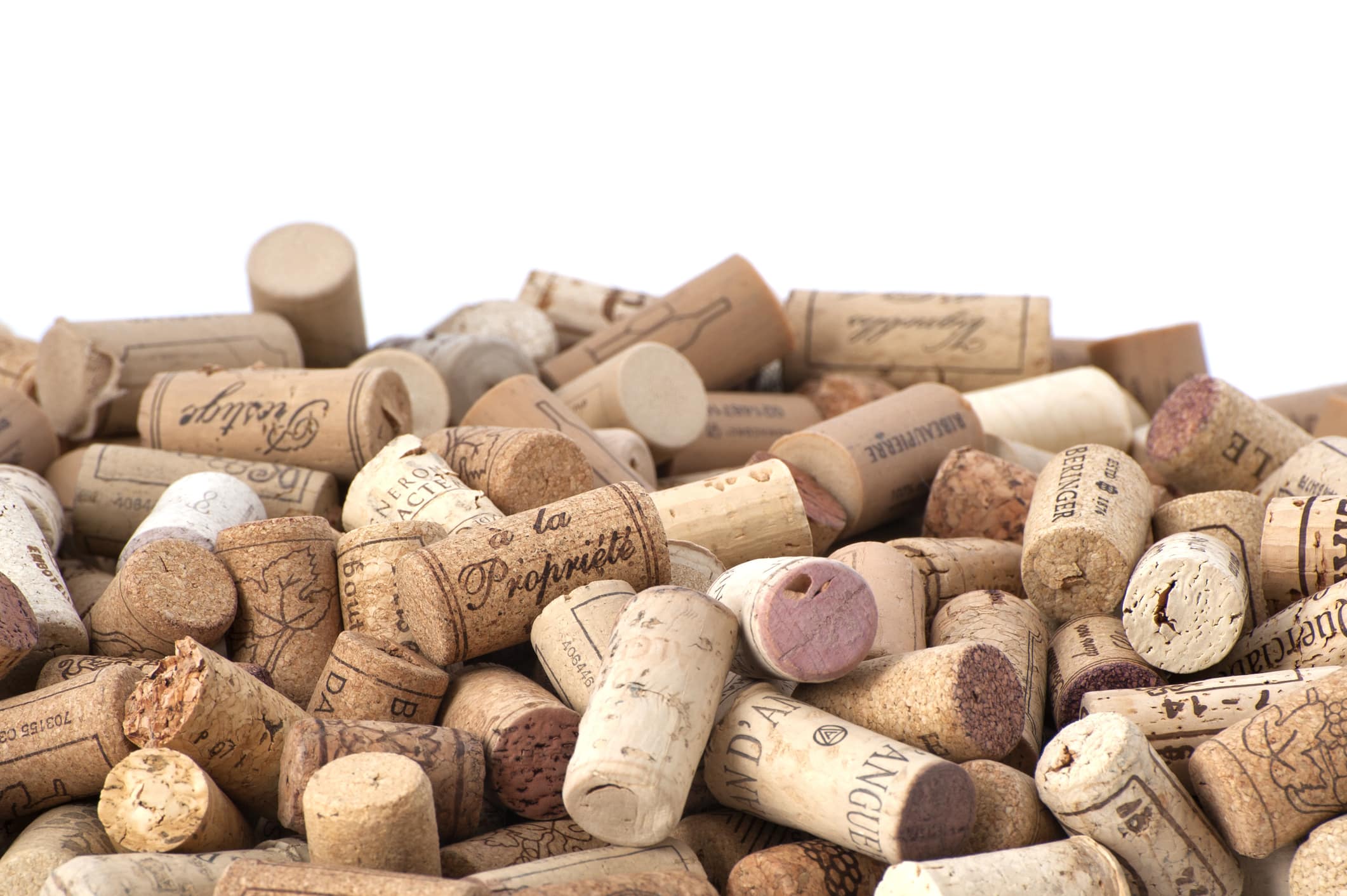Waitrose, a leading UK supermarket chain, has announced the launch of a novel cork recycling initiative. It is the first major UK supermarket to implement such a scheme.
The programme officially kicks off on 7th October and will be initially trialled in seven Waitrose stores throughout the UK. Waitrose will introduce dedicated collection points for used natural corks at its Salisbury location, with subsequent sites in Saltash, Lymington, Bath, Godalming, Truro, and Maidenhead scheduled to join the effort as the trial expands in November.
This pioneering move, in partnership with Amorim, the world’s largest cork processing company, aims to tap into the untapped potential of cork recycling. Currently, approximately 25 million natural corks used by Waitrose customers annually end up in landfill due to a lack of a dedicated waste stream. This trial aims to change that by exploring the viability of repurposing cork into a range of second-life products.
Barry Dick, a Master of Wine and the Beer, Wine and Spirits Global Bulk Wine Sourcing Manager at Waitrose, explains that cork, a highly durable and versatile material, is well suited to be transformed into various products beyond its traditional role as a wine stopper. He explains, “Cork is a durable material and has the potential to be repurposed into a variety of products after it has been used as a wine cork.” Items that could emerge from recycled cork include mulch for soil improvement, household goods such as placemats, coasters, and funky cork flooring, even extending to unique footwear like cork-based shoes.
The initiative also serves as a practical sustainability measure for the supermarket, aligning with Waitrose’s broader circular economy strategy. Marija Rompani, Director of Ethics and Sustainability at the John Lewis Partnership, which owns Waitrose, expresses enthusiasm about the trial. “We’re always looking for ways to reduce waste and keep materials in circulation as a crucial element of our Ethics & Sustainability commitments,” she notes, highlighting the integral role that material conservation plays within the group’s environmental goals.
Customers, meanwhile, can easily identify natural corks as they are typically lighter, spongier, and less smooth compared to synthetic alternatives. Armed with this knowledge, individuals can participate in the recycling effort by depositing their used natural corks at the designated collection points within the trial stores.
The success of the trial could pave the way for a broader adoption of cork recycling across more Waitrose stores in the forthcoming year. Through customer feedback and operational insights gathered during the initial phase, Waitrose aims to optimise the scheme for a potential wider rollout and explore new innovative applications for recycled cork. This initiative underscores Waitrose’s commitment to enhancing its retail experience while contributing actively to sustainable practices.

